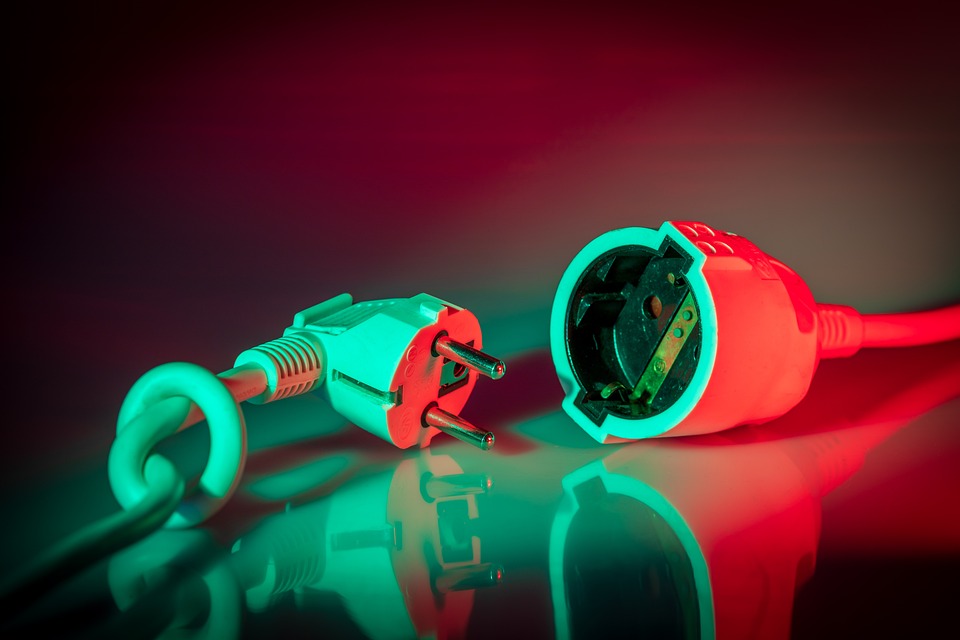Power Engineering Perspectives on the Future of Home Energy Management: Smart Metering and Load Control Systems
Overview of the Current State of Home Energy Management
As the world continues to shift towards a more sustainable and environmentally conscious future, the need for efficient and effective home energy management systems has never been more crucial. Currently, the majority of households rely on traditional, manual methods to monitor and control their energy consumption, resulting in significant inefficiencies and wasted energy.
Smarter Metering: The Shift towards Predictive and Proactive Energy Management
The introduction of smart metering technology has revolutionized the way we manage energy in the home. Smart meters replace traditional analog meters and enable real-time monitoring and tracking of energy consumption, allowing households to make data-driven decisions about their energy usage. According to the International Energy Agency (IEA), smart metering has the potential to reduce energy consumption by up to 10% (IEA, 2020).
With smart meters, homeowners can track their energy usage in real-time, receive usage alerts, and even adjust their consumption patterns to optimize energy efficiency. This proactive approach to energy management can lead to significant reductions in energy waste and environmental impact.
Load Control Systems: The Next Step towards Complete Home Energy Management
Building on the foundation laid by smart metering, load control systems take energy management to the next level by enabling homeowners to control and optimize their energy usage in near real-time. These systems integrate with smart meters, smart grid infrastructure, and smart devices to create a seamless and efficient energy management experience.
With load control systems, homeowners can not only monitor their energy usage but also control and adjust it. This could include adjusting the temperature, turning off lights and appliances when not in use, and optimizing energy consumption to reduce waste.
The Rise of IoT and Artificial Intelligence in Home Energy Management
The increasing adoption of the Internet of Things (IoT) and artificial intelligence (AI) is set to transform the home energy management landscape. IoT devices, such as smart thermostats and sensors, can collect and analyze vast amounts of data, enabling advanced analytics and predictive modeling to optimize energy usage.
AI-powered systems can learn a household’s energy usage patterns and proactively adjust energy consumption to minimize waste. Moreover, machine learning algorithms can identify potential energy-saving opportunities that human operators might miss.
Challenges and Opportunities in the Future of Home Energy Management
While the future of home energy management looks promising, there are several challenges to be addressed.
One of the primary challenges is the need for widespread infrastructure upgrades, including the installation of smart meters and grid infrastructure. Additionally, homeowners’ willingness to adopt new technologies and change their energy consumption habits may be a hurdle.
On the other hand, the future of home energy management also presents numerous opportunities for energy companies, startups, and consumers alike. As the technology continues to advance, we can expect to see:
- Increased adoption of smart metering and load control systems
- Integration with existing IoT devices and smart home solutions
- Advancements in AI and machine learning applications
- Growing competition in the market, driving innovation and efficiency
In conclusion, the future of home energy management is poised to be a game-changer, with smart metering, load control systems, and IoT technologies working together to optimize energy efficiency and reduce waste.
Conclusion
Transforming the Future of Home Energy Management
As the world continues to shift towards a more sustainable future, the need for efficient and effective home energy management systems has never been more crucial. Smart metering, load control systems, and the integration of IoT and AI technologies are set to transform the way we manage energy in our homes, reducing waste, and increasing efficiency.
FAQs
What is smart metering in the context of home energy management?
Smart metering is the process of using advanced technologies to collect and monitor energy usage data in real-time, enabling households to make data-driven decisions about their energy consumption.
What is a load control system in home energy management?
A load control system is a collection of devices and software that work together to monitor and control energy usage in a home, enabling householders to optimize energy consumption and reduce waste.
What is the role of IoT in home energy management?
The Internet of Things (IoT) plays a critical role in home energy management by enabling the collection and analysis of vast amounts of data, which can be used to optimize energy consumption and identify potential energy-saving opportunities.
What is the future of home energy management looking like?
The future of home energy management is poised to be a game-changer, with smart metering, load control systems, and IoT technologies working together to optimize energy efficiency and reduce waste.
What are the benefits of smart metering in home energy management?
The benefits of smart metering include real-time monitoring and tracking of energy consumption, enabling households to make data-driven decisions about their energy usage, and reducing energy waste by up to 10%.


_2.png?w=150&resize=150,150&ssl=1)
_1.png?w=150&resize=150,150&ssl=1)

_1.png?w=150&resize=150,150&ssl=1)
_1.png?w=150&resize=150,150&ssl=1)
